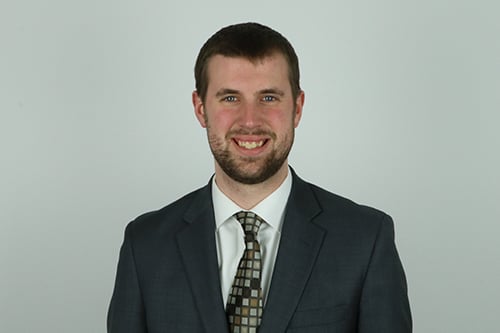

Oil and gas companies around the world are facing significant and wide-ranging risks. They’re under pressure to reduce carbon emissions; they’re intrinsically shrouded by geopolitical tensions; and, like all industries, they’re having to get to grips with the risks that come with innovation, digitization and new technology.
The challenge for oil and gas companies is that they often have to deal with these risks on a global scale. The nature of the business requires energy companies to run operations and send employees to remote or high-risk areas. The industry tends to have a high expat concentration overseas, meaning companies need global insurance coverage so they can protect their financial and human capital wherever they are in the world.
Global insurance solutions provider, Clements Worldwide, specializes in international insurance for expatriates and organizations, especially those in high-risk zones. The firm provides global healthcare coverage and employee benefits for oil and gas companies, covering both expat and local staff, as well as specialty corporate solutions that will protect businesses from liability suits, regardless of where in the world they’re filed.
In this era of evolving geopolitical tensions, that corporate solutions piece is key, according to Matthew Tuman, commercial insurance producer at Clements Worldwide. He said: “Before oil and gas companies set up operations in a foreign country, they need to complete a full market analysis of the political, economic and social risks in that country. They need to be made aware of all the potential liabilities and claim scenarios so that their people and their operations are fully protected. At Clements Worldwide, we’re able to offer a wide range of insurance coverages, including political risk, business interruption, and kidnap and ransom policies to make sure oil and gas companies are fully covered.”
As expected, some countries and jurisdictions around the world are riskier than others. Venezuela is one of the riskiest countries in the world right now for any corporate organization, according to Tuman, because of the political turmoil that’s gripping the country. That’s where political risk insurance comes into play, as it will grant energy companies protection if the government decides to seize their assets, their property, or their oil.
“That’s a very important coverage,” said Tuman. “When oil and gas companies invest in countries that are in turmoil, it’s tough to judge on a month-to-month basis what’s going to happen. They really need to be prepared for the unexpected. Clements Worldwide offers coverage in over 170 different countries, including higher-risk places like Mexico, Afghanistan and Syria. It’s important for international insureds to work with companies, like Clements Worldwide, that understand the global risk landscape.”
Another risk to really batter the global oil and gas industry in recent years is catastrophic (CAT) weather. Just look at the aggregation of risk of the Gulf Coast of the United States, which has suffered three back-to-back active Atlantic Hurricane seasons. CAT weather is a key loss driver that underwriters are going to look at when deciding whether or not to take on an oil and gas risk.
“On that note, energy companies need to ensure their offshore exposures are covered as well,” Tuman told Insurance Business. “A lot of these companies have people working six or seven miles offshore on rigs. While the coverages are going to be the same as onshore operations, they’re going to need to be tweaked in areas with heightened risk. For instance, all oil and gas companies are going to need to make sure they have medical evacuation coverage in place in case there’s an explosion or some sort of incident at the drill. But if it’s an offshore rig, how is that evacuation going to work? How can people access the rig – by boat or by helicopter? These are all questions that organizations need to work through with their insurance partners – brokers and insurers – to ensure they’re properly protected.”
Linked to oil and gas companies’ CAT weather exposure is a growing global awareness of climate change, which has led to increased pressure on corporations to reduce their carbon emissions. This has increased oil and gas companies’ liability exposures, according to Tuman. He pointed out: “Oil and gas companies need to make sure they’re protected if they’re ever sued because of too many carbon emissions, or because they’re causing damage to local operations. With climate change becoming a more pressing issue, companies need to understand that their actions will be closely scrutinized, and therefore their liability exposure may increase.”
